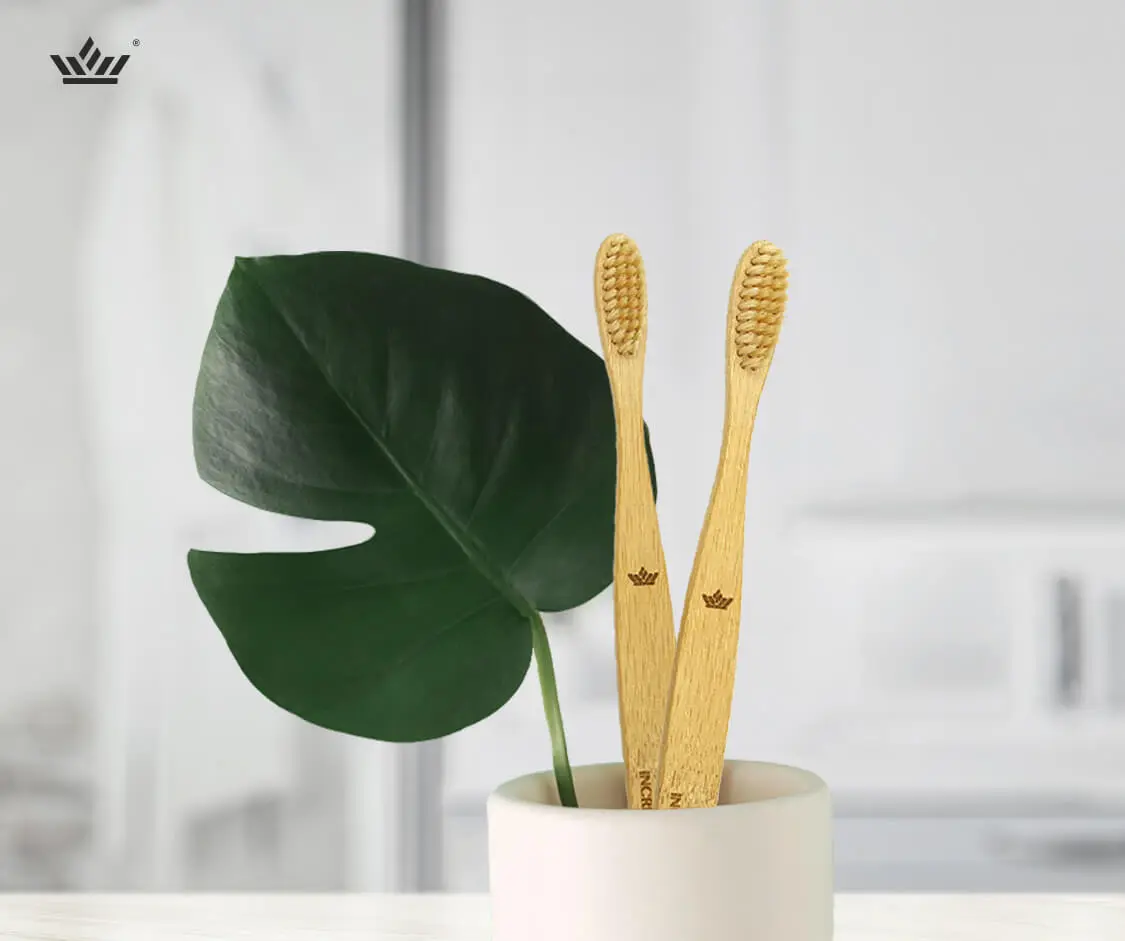A healthy smile is more than just aesthetics; it reflects overall wellness. Oral care isn’t limited to brushing twice a day; it includes a combination of daily habits, proper tools, regular dental visits, and smart lifestyle choices. But what are the best practices for oral care, and how can you implement them consistently?
This comprehensive guide walks you through easy, effective, and dentist-recommended steps to help you maintain strong teeth and healthy gums for life.
1. Brush Properly Twice a Day
Brushing your teeth is the foundation of oral hygiene, but doing it incorrectly can lead to problems.
- Use a soft-bristled toothbrush and fluoride toothpaste.
- Brush for a full two minutes to clean all areas front, back, and chewing surfaces of your teeth.
- Tilt your toothbrush at a 45-degree angle toward your gums to remove plaque more effectively.
- Change your toothbrush or electric brush head every 3 months to maintain proper hygiene.
Tip: Use an electric toothbrush for more effective plaque removal.
2. Floss Daily Without Fail
Flossing is essential to clean the spaces between your teeth where your brush can’t reach.
- Use waxed dental floss or floss picks if you struggle with traditional string floss.
- Slide the floss gently between your teeth and curve it into a C-shape around each tooth to clean it thoroughly.
- Avoid snapping the floss doing so can harm your gums and cause discomfort.
Regular flossing helps prevent gum disease and reduces bad breath.
3. Use Mouthwash for Extra Protection
Mouthwash provides added defense by eliminating bacteria and helping to keep your breath fresh throughout the day.
- Choose a fluoride mouthwash to strengthen enamel.
- Avoid mouthwashes with alcohol if you have sensitive gums.
- Swish for 30 seconds after brushing and flossing.
Bonus: Some natural mouthwashes with essential oils can help reduce plaque buildup.
Also, read about the Best Way to Brush Your Teeth
4. Avoid Sugary and Acidic Foods
Your diet plays a huge role in oral health. Sugary and acidic foods feed harmful bacteria and weaken enamel.
- Limit sugary snacks, sodas, and citrus fruits.
- Rinse your mouth or drink water after acidic foods.
- Chewing sugar-free gum helps boost saliva flow, which naturally balances mouth acids and supports a healthier oral environment.
Include calcium-rich foods like cheese, almonds, and leafy greens in your diet.
5. Stay Hydrated to Support Saliva Flow
Saliva is a natural defense mechanism that helps wash away food and bacteria.
- Drink plenty of water throughout the day.
- Cut down on caffeine and alcohol, as they can lower saliva levels and make your mouth feel dry.
- Use sugar-free lozenges if you have chronic dry mouth issues.
Good hydration also supports your body’s overall health.
6. Clean Your Tongue Daily
Your tongue can harbor bacteria that cause bad breath and plaque buildup.
- Use a tongue scraper or the back of your toothbrush to gently clean your tongue every morning.
- Start from the back and move forward to remove bacteria and debris.
This simple habit can dramatically improve oral freshness.
7. Quit Smoking and Limit Alcohol
Smoking can turn your teeth yellow, damage your gums, and increase the risk of mouth cancer. Heavy alcohol use can also irritate and damage the soft tissues in your mouth.
- Seek support to quit smoking.
- Limit alcohol intake to reduce risks of gum disease and dry mouth.
Your mouth will thank you and so will your overall health.
8. Don’t Skip Regular Dental Checkups
Even if your teeth feel fine, regular visits to the dentist are crucial for catching problems early.
- Schedule a checkup every 6 months.
- Professional cleanings remove tartar and check for cavities or gum issues.
- Ask about sealants or fluoride treatments for extra protection.
Prevention is always cheaper and easier than cure.
9. Protect Your Teeth During Sports or Sleep
If you’re involved in contact sports or grind your teeth at night (bruxism), protection is key.
- Use a custom mouthguard during sports.
- Consider a nightguard if you grind or clench in your sleep.
These devices prevent serious damage to your teeth and jaw.
10. Choose the Right Oral Care Products
Not all oral products are made equal. Choose products that meet your specific dental needs.
- Look for the ADA or dental association seal on toothpaste and mouthwash.
- Consider sensitivity formulas if you experience discomfort.
- For kids, use age-appropriate toothpaste and brushes.
Ask your dentist for recommendations based on your oral health history.
Bonus: Oral Care Tips for Special Populations
For Children:
- Start brushing as soon as the first tooth erupts.
- Use a rice-grain amount of toothpaste under age 3.
- Supervise brushing until around age 7.
For Seniors:
- Watch for signs of dry mouth, often caused by medication.
- Dentures must be cleaned daily with non-abrasive cleansers.
- Increase calcium and Vitamin D intake to protect aging teeth.
Final Thoughts: A Daily Routine with Long-Term Rewards
The best practices for oral care aren’t complicated; they’re about consistency. Brushing, flossing, using the right products, and visiting the dentist regularly can prevent most dental issues. By adopting these oral care best practices, you’re not just protecting your smile, you’re improving your overall health and confidence.
Whether you’re teaching a child, caring for an elder, or just building better habits for yourself, it’s never too late to invest in your oral hygiene.




